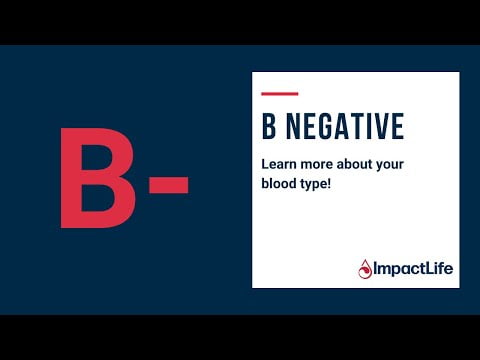The Blood Type Diet is a popular diet that emphasizes eating certain foods based on an individual’s blood type. The diet was first introduced by Dr. Peter D’Adamo in his book “Eat Right 4 Your Type” and has gained a significant following since its publication in 1996. The theory behind the Blood Type Diet is that each blood type has its unique history and evolution, which affects how food is digested and metabolized.
The Blood Type Diet was developed based on the premise that specific blood types evolved in response to the dietary needs of our ancestors. Type O blood, for example, was thought to have developed in response to a diet rich in animal protein, while Type A blood developed in response to a vegetarian diet. Type B, on the other hand, developed in regions where dairy products were more prominent, and Type AB, which is the rarest blood type, was believed to have developed because of a combination of the Type A and Type B diets.
According to the Blood Type Diet, individuals with Type O blood should focus on consuming high-protein animal-based foods such as meat, fish, and poultry while avoiding grains, dairy, and legumes. Type A individuals should consume a primarily vegan diet rich in fruits, vegetables, and grains while avoiding animal-based products. Type B individuals are advised to consume a diverse diet consisting of meats, dairy, grains, and vegetables, while Type AB individuals should focus on consuming fish, tofu, dairy, and limited amounts of meat.
The Blood Type Diet has received criticism from many nutrition experts who argue that there is little scientific evidence to support the idea that each blood type has specific dietary needs. However, proponents of the diet argue that it can lead to improved health and wellbeing by considering an individual’s unique genetic makeup.
In conclusion, the Blood Type Diet has a fascinating history and continues to be popular among those seeking to improve their overall health and wellbeing. While it may not be for everyone, it is worth exploring and discussing with a qualified healthcare professional to see if it may be the right dietary approach for you.





